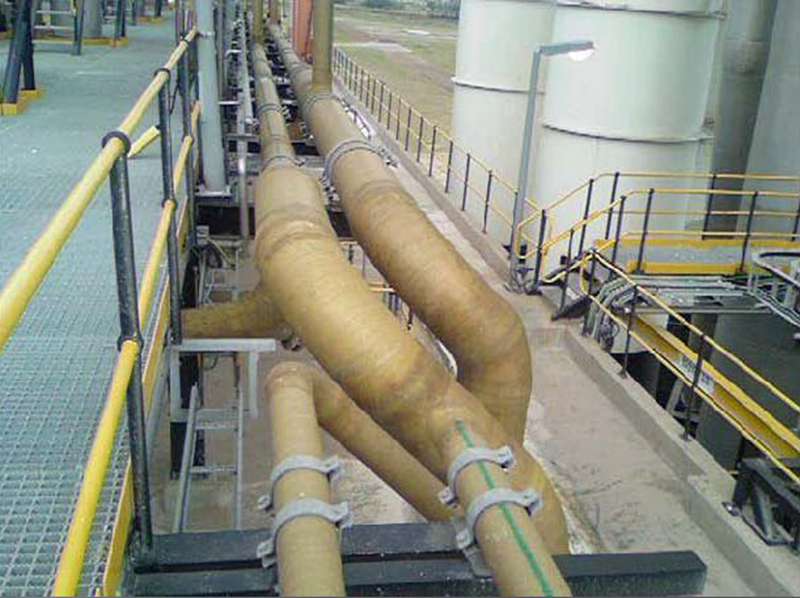
-
 Afrikaans
Afrikaans -
 Albanian
Albanian -
 Amharic
Amharic -
 Arabic
Arabic -
 Armenian
Armenian -
 Azerbaijani
Azerbaijani -
 Basque
Basque -
 Belarusian
Belarusian -
 Bengali
Bengali -
 Bosnian
Bosnian -
 Bulgarian
Bulgarian -
 Catalan
Catalan -
 Cebuano
Cebuano -
 China
China -
 China (Taiwan)
China (Taiwan) -
 Corsican
Corsican -
 Croatian
Croatian -
 Czech
Czech -
 Danish
Danish -
 Dutch
Dutch -
 English
English -
 Esperanto
Esperanto -
 Estonian
Estonian -
 Finnish
Finnish -
 French
French -
 Frisian
Frisian -
 Galician
Galician -
 Georgian
Georgian -
 German
German -
 Greek
Greek -
 Gujarati
Gujarati -
 Haitian Creole
Haitian Creole -
 hausa
hausa -
 hawaiian
hawaiian -
 Hebrew
Hebrew -
 Hindi
Hindi -
 Miao
Miao -
 Hungarian
Hungarian -
 Icelandic
Icelandic -
 igbo
igbo -
 Indonesian
Indonesian -
 irish
irish -
 Italian
Italian -
 Japanese
Japanese -
 Javanese
Javanese -
 Kannada
Kannada -
 kazakh
kazakh -
 Khmer
Khmer -
 Rwandese
Rwandese -
 Korean
Korean -
 Kurdish
Kurdish -
 Kyrgyz
Kyrgyz -
 Lao
Lao -
 Latin
Latin -
 Latvian
Latvian -
 Lithuanian
Lithuanian -
 Luxembourgish
Luxembourgish -
 Macedonian
Macedonian -
 Malgashi
Malgashi -
 Malay
Malay -
 Malayalam
Malayalam -
 Maltese
Maltese -
 Maori
Maori -
 Marathi
Marathi -
 Mongolian
Mongolian -
 Myanmar
Myanmar -
 Nepali
Nepali -
 Norwegian
Norwegian -
 Norwegian
Norwegian -
 Occitan
Occitan -
 Pashto
Pashto -
 Persian
Persian -
 Polish
Polish -
 Portuguese
Portuguese -
 Punjabi
Punjabi -
 Romanian
Romanian -
 Russian
Russian -
 Samoan
Samoan -
 Scottish Gaelic
Scottish Gaelic -
 Serbian
Serbian -
 Sesotho
Sesotho -
 Shona
Shona -
 Sindhi
Sindhi -
 Sinhala
Sinhala -
 Slovak
Slovak -
 Slovenian
Slovenian -
 Somali
Somali -
 Spanish
Spanish -
 Sundanese
Sundanese -
 Swahili
Swahili -
 Swedish
Swedish -
 Tagalog
Tagalog -
 Tajik
Tajik -
 Tamil
Tamil -
 Tatar
Tatar -
 Telugu
Telugu -
 Thai
Thai -
 Turkish
Turkish -
 Turkmen
Turkmen -
 Ukrainian
Ukrainian -
 Urdu
Urdu -
 Uighur
Uighur -
 Uzbek
Uzbek -
 Vietnamese
Vietnamese -
 Welsh
Welsh -
 Bantu
Bantu -
 Yiddish
Yiddish -
 Yoruba
Yoruba -
 Zulu
Zulu
frp food grade equipment
The Importance of Food Grade Equipment in the Food Industry
In the ever-evolving landscape of the food industry, ensuring the safety and quality of food products is paramount. One critical aspect that plays a vital role in this endeavor is the use of food grade equipment. This specialized equipment is designed to meet stringent health and safety standards, ensuring that food remains uncontaminated during processing, storage, and distribution. This article explores the significance of food grade equipment, its applications, and the benefits it brings to food safety and quality.
Understanding Food Grade Equipment
Food grade equipment refers to tools, machinery, and containers that are manufactured from materials deemed safe for food contact. These materials are rigorously tested to ensure they do not leach harmful chemicals into food products, thereby minimizing health risks to consumers. Common materials used in food grade equipment include stainless steel, certain plastics, and glass, all of which are resistant to corrosion, easy to clean, and do not harbor bacteria.
Applications of Food Grade Equipment
Food grade equipment encompasses a wide range of items essential for food processing and handling
. This includes1. Processing Equipment Machinery such as mixers, grinders, and blenders used in food production must be made from food grade materials to prevent contamination. For example, stainless steel mixers are preferred for their durability and ease of sanitation.
2. Storage Solutions Containers used for storing food substances, such as bins and tanks, must be food grade to ensure that the integrity of the food is maintained. Food grade storage tanks are often used in the dairy and beverage industries to store liquids safely.
3. Packaging Materials Packaging plays a crucial role in food safety. Food grade packaging materials are designed to preserve the quality of food products while preventing contamination. These materials adhere to strict regulations, ensuring they are safe for direct food contact.
4. Utensils and Tools Items like cutting boards, knives, and serving dishes must all be made from food grade materials to ensure they do not affect the food's safety or quality.
frp food grade equipment

Benefits of Utilizing Food Grade Equipment
The use of food grade equipment in the food industry offers numerous benefits, including
1. Enhanced Food Safety The primary advantage of food grade equipment is the safety it provides. By using materials that are approved for food contact, businesses reduce the risk of contaminating their products, leading to safer food for consumers and fewer health risks associated with foodborne illnesses.
2. Compliance with Regulations The food industry is governed by strict regulations set forth by food safety authorities. Utilizing food grade equipment ensures compliance with these regulations, minimizing the risk of inspections and potential fines or closures due to non-compliance.
3. Quality Maintenance Food grade materials are designed to withstand different environments and conditions, thus maintaining the quality and flavor of food products. This is especially critical for businesses looking to uphold their reputation for quality.
4. Longer Equipment Lifespan Food grade materials are often more durable and resistant to wear and tear, resulting in longer equipment lifespan. While the initial investment may be higher, the long-term savings associated with reduced maintenance and replacement costs are significant.
5. Consumer Trust In today's market, consumers are increasingly conscious of food safety and quality. Using food grade equipment helps build consumer trust and confidence in a brand, which can lead to increased customer loyalty and potentially higher sales.
Conclusion
In summary, the significance of food grade equipment in the food industry cannot be overstated. As food safety and quality remain at the forefront of consumer concerns, investing in equipment that meets food grade standards is essential. By ensuring proper materials, compliance with regulations, and the maintenance of food quality, businesses not only protect their consumers but also enhance their own operational efficiency and reputation in the market. In an industry where the stakes are high, choosing the right equipment is not just a necessity; it is a commitment to excellence.









